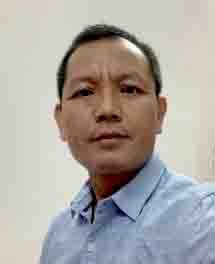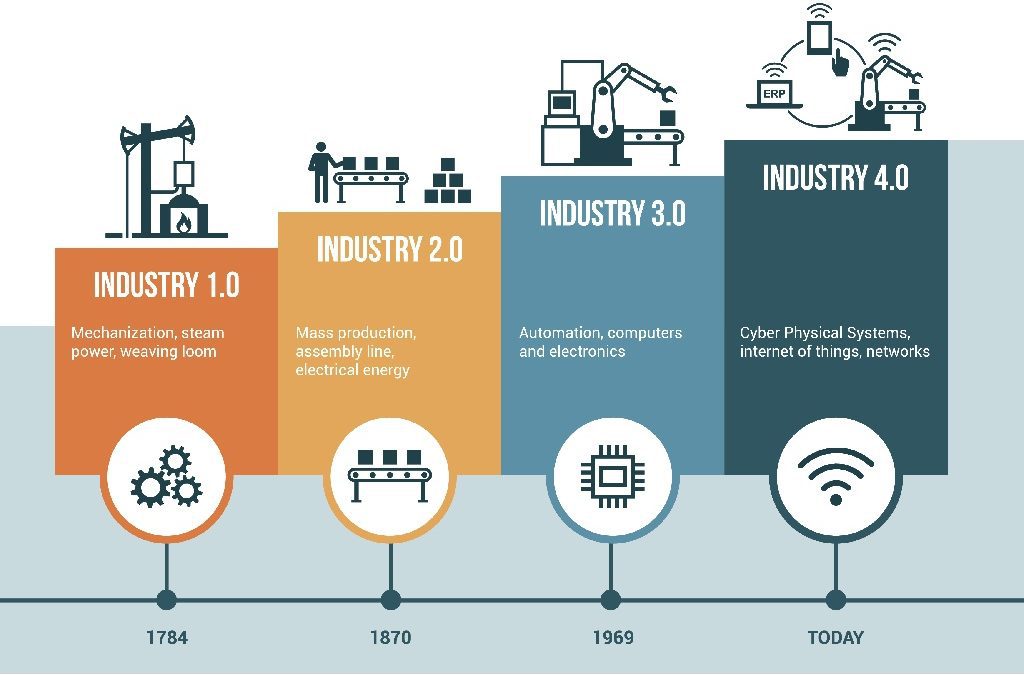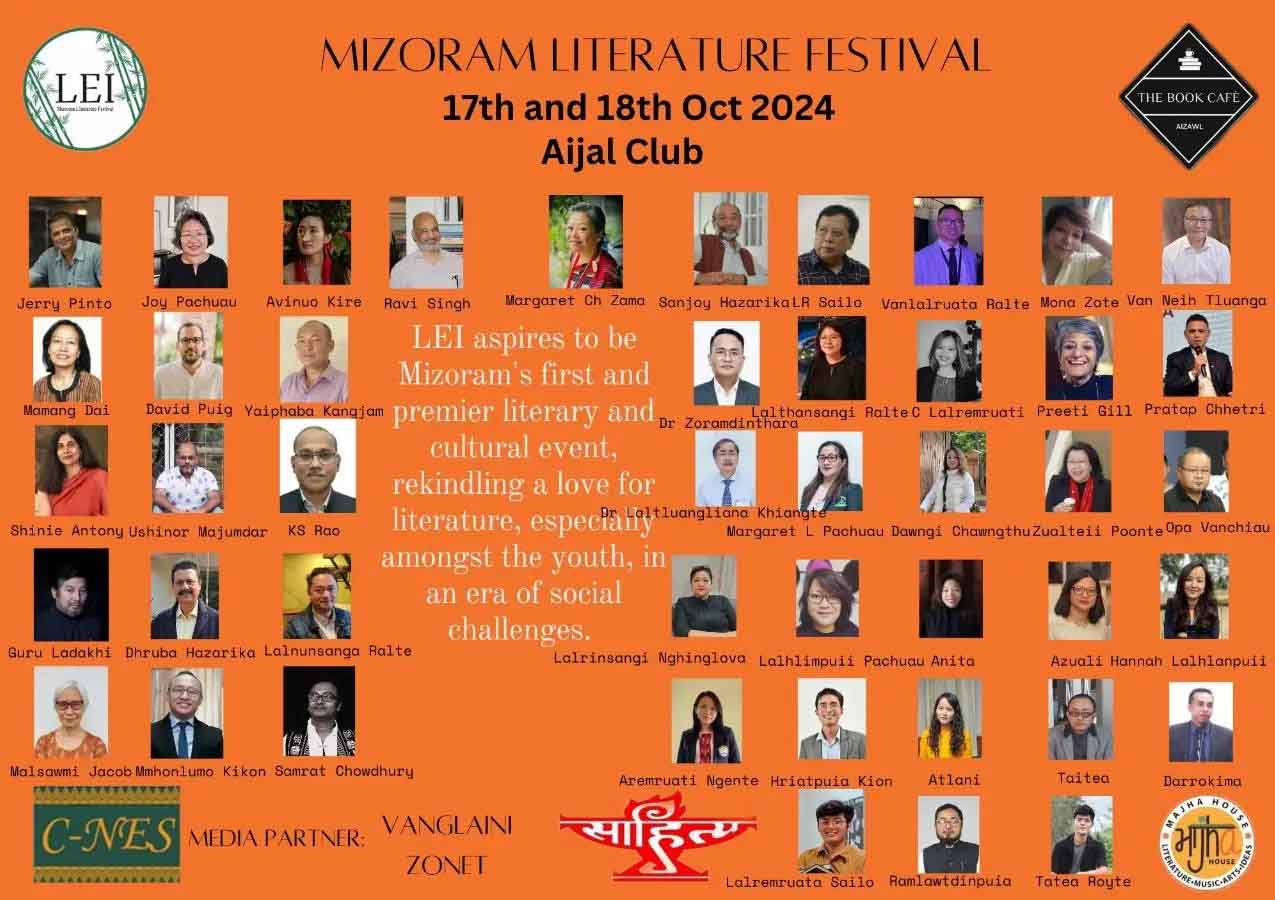This article will see the shift from the present learning situation and its possible near future. Learning can be knowing new phenomena or correcting inaccurate information about phenomena already learnt. Both are equally important for holistic education to happen. The future of learning is the scholarship of the past, seeing the present scenario and getting ready for the future possible state of affairs. It is consoling that the Indian population is becoming younger, and by 2025 about two-third of burgeoning Indian youth will be in its workforce. In 2016, the World Economic Forum (WEF) produced a report exploring these changes. The WEF, committed to improving the state of the world, predicted that by 2020, “more than a third of the desired core skill sets of most occupations will be comprised of skills that are not yet considered crucial to the job today.” Further, it is predicted that some soft skills like complex problem solving, social skills, and process skills will become an indispensable part of society. Therefore, learning has to lean towards these skill developments.
Cusp of learning
The mode of learning is taking different shapes today. In India, the traditional way of teacher-pupil education has shifted to technological and digital platforms for better dissemination of knowledge. Social media platforms serve as an essential interface between knowledge sources and learners. This type of learning offers convenience, personalization and agility. Innovations such as an e-book, e-content (text, image, graphics, animation, audio and video), and e-learning technologies have come up with many choices tailored to one’s subject. Sarah Linney, B2B Content Marketing Manager, observed that while the third industrial revolution was characterized and driven by information technology, artificial intelligence (AI) powered the fourth industrial revolution. Some visible changes are physical (e.g. intelligent robots, autonomous drones, driverless cars, 3D printing, smart sensors), digital (e.g. the internet of things, services, data and even people), biological (e.g. synthetic biology, individual genetic make-up, bio-printing) technologies (Bo Xing and Tshilidzi Marwala, 2017). The future is going to be for innovative people, entrepreneurs, risk-takers and creative thinkers. The physical presence of teachers amongst students has given way to digital learning platforms.
Online learning
Flood of online shopping, food ordering, banking, amenities, friendship, dating and a medical prescription are part of the new wave of learning. This novel mode has changed human behaviour. As you read this article, I would have completed my four-week online course on “Writing for Young Readers: Opening the Treasure Chest” by Commonwealth Educational Trust, coursera.org. I can attend the video classes, submit and peer-review essays of others across the entire span of the universe. This has given me diverse experiences while at the same time cutting the travel cost and carbon footprint. This is environmentally supportive as it does not use paper (destruction of trees & bamboos). Your online activity stands as proof.
Education 4.0
Frances James says, “Education 4.0 is about evolving with the times, and for higher education institutions, this means understanding what is required of their future graduates.” This means more focus on skill to make sure the employability of students as future workforce. Preparing the workforce is contributing to the nation’s growth. The four industrial revolutions can be termed as education 1.0, 2.0, 3.0, and 4.0. Education 1.0 is based on lectures and memorization. Education 2.0 is internet-enabled learning. Education 3.0 aims at knowledge-producing pedagogy. Education 4.0 is an innovation-producing endeavour. This fourth revolution needs equipped workforce that can handle and cradle what Education 4.0 has to offer. Paul Feldman, chief executive of Jisc, the UK’s technology solutions not-for-profit, says, “We know that some universities are already developing an Education 4.0 experience for students that reflects the fast-developing world around them.”
Teachers need updated know-how of everything the students have today. Else, teachers can become irrelevant to the present Education 4.0 oriented students. The future of learning is open, and teachers’ work is to be ready for various learning styles that students themselves could initiate. Knowledge is no more restricted to ‘teacher teaching students’ alone. Reciprocal learning is on the card.

The author is a PhD research scholar, Department of Sociology and Social Work, CHRIST (Deemed to be University), Bangalore, Karnataka, India. Email: [email protected]









